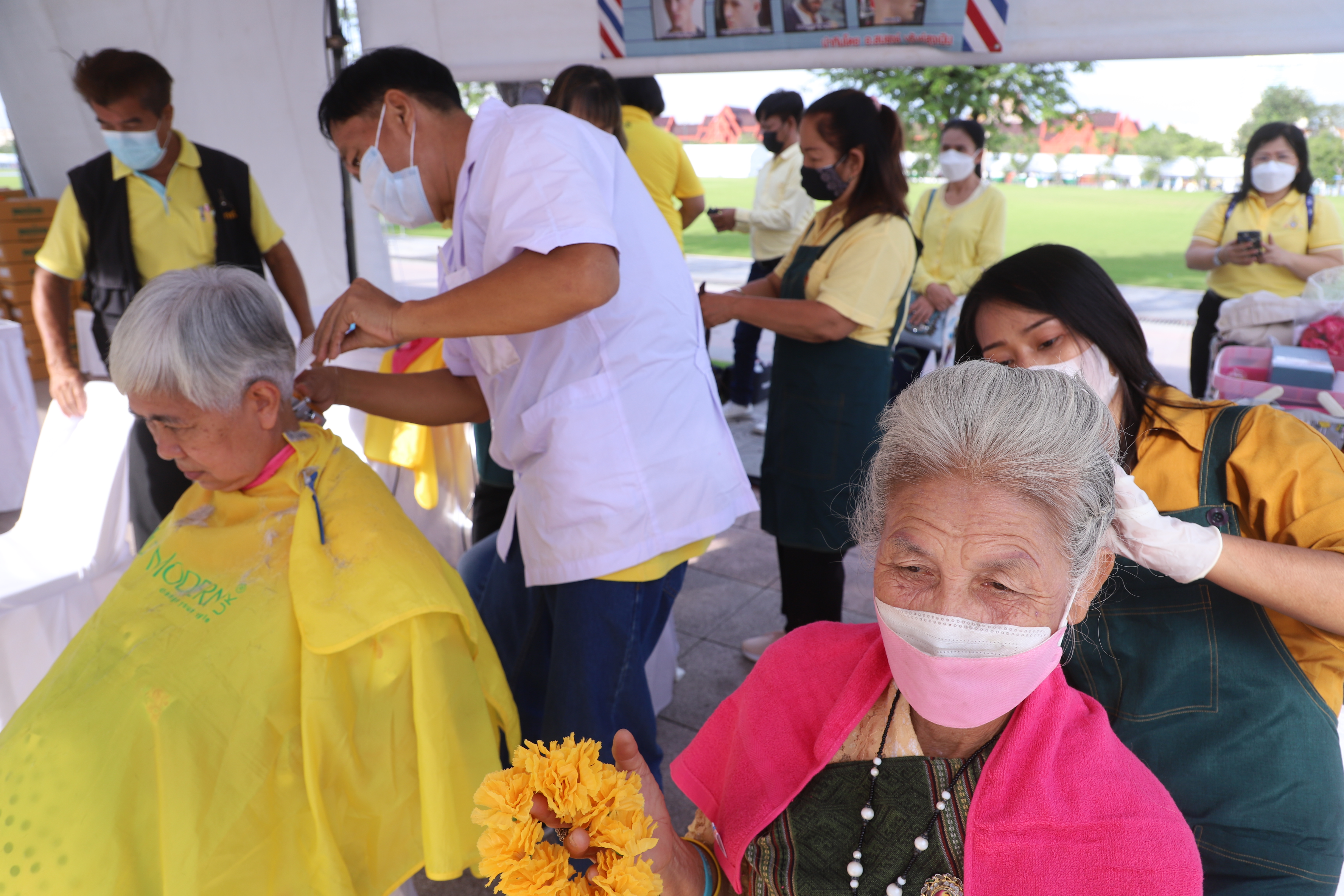
Based on the United Nations definition, a country is an Ageing Society when the share of the aged population (people aged 65 or older) is higher than 7% and is an Aged Society when this share rises above 14%. Once this share is over 20%, the nation is called a Super-Aged Society.
Following in the footsteps of Japan (1994), Hong Kong (2012), South Korea (2017), Taiwan (2019), and Singapore (2021), Thailand is the sixth economy in Asia to reach aged society status in 2022 with an Aged Population of 14.15%. In the last 20 years, Thailand has become an Ageing Society, having reached a 7.02% share of the population categorised as Aged in 2002. By 2031, Thailand is predicted to join Japan to become a Super-Aged Society, with over 20% of the population in the aged category.
IS 70 THE NEW 51?
Over the last several decades, the process of ageing has been offset by the longevity effect. Thanks to medical advances and access to better healthcare, the lifespan has been extended. This means that the traditional measurement of chronological age no longer accurately reflects the biological age of individuals. To illustrate this point, if we look at Thailand's life expectancy graph, a 70-year-old Thai today is at the 89.95 percentile of the 2021 life expectancy, roughly equivalent to a 51-year-old in 1970 at the same percentile. In other words, today's 70-year-olds are biologically no older than 51-year-olds half a century ago.
NO MORE THREE STAGES OF LIFE
In a three-stage life, people study, enter the working world, and retire all within a similar timeframe. All three stages tend to take place at the same age, with people pursuing their education, career, and retirement in relatively quick succession. This lifestyle may have worked in the past when change took place in a slow and gradual manner. In our fast-paced, digital world, it may be outdated.
As the speed of life accelerates, the classic three-stage life might evolve into multiple interwoven stages with multiple different careers in an open-loop, on- off manner. We might study for a degree or work without a degree in our twenties, thirties, or even sixties, work in management in our thirties, fifties, or seventies, and set up a business at any age.
RETHINKING AGEING AND LONGEVITY
As people are living to more advanced ages and staying healthier longer, we need to update our ideas of work and life in general. This includes rethinking our notions of education and traditional career paths. Longevity is not just about living longer; it is about staying young longer and not experiencing old age until much later. Longevity means that individuals may need to work well beyond their previously expected retirement age. If you are in your 40s, it is likely you will work until you are in your 70s, and if you are in your 20s, you may have to remain employed until your late 70s or early 80s.
To address current demographic trends, governments should craft policies that specifically target both ageing and longevity. This is especially true given that people are living longer and healthier lives. Thus, it is essential for there to be flexible policies in place that will allow the older population to reap the rewards of their extended, more productive lives.
GLOBAL WAR FOR YOUNG TALENT
The nations that will thrive in the upcoming decades are those that remain youthful and populous. As birth rates dip and the workforce ages, aged societies will depend increasingly on bringing in foreign individuals with the skills they require. Without a fresh influx of talent to take the place of the elderly, these countries will be left with low economic productivity, an elderly population, and not enough young adults to provide care for them.
Thailand is known for bringing in workers from neighbouring countries. But beyond recruiting unskilled workers to staff menial jobs, how can we compete with other Asian nations to attract the sharpest minds to drive progress? Winning the battle for international talent will not be easy. More developed countries such as Japan, South Korea, and Singapore have access to a bounty of international talent at the productive stage. Thailand should try to attract and nurture such talent while they are still young, even of school age, as our universities have plenty of vacant places.
In response, Thailand should include in its National Strategy measures designed to address the importation of foreign talent in preparation for Thailand's progression toward Super Aged Society status in 2031.
The government should deploy a comprehensive plan to assist the transformation and internationalisation of local universities in order to increase their international student population. Such an influx of foreign students will benefit the country as they will graduate, pursue careers, and generate business opportunities, innovation, and job prospects.
Professor Worsak Kanok-Nukulchai is the Executive Director of the Chulalongkorn School of Integrated Innovation.







